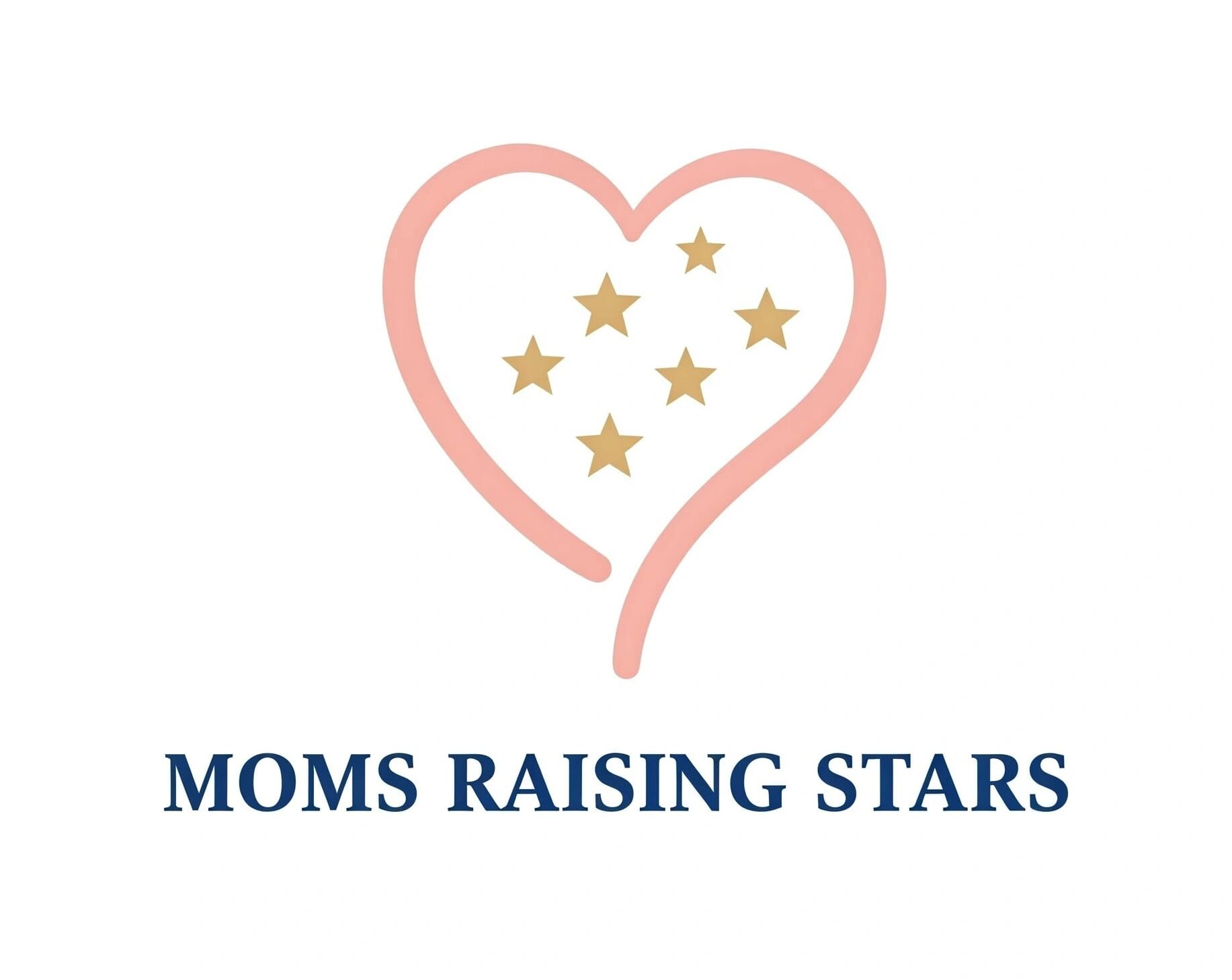My son was around 3 years old, when I realized that he wouldn’t hold eye contacts with anyone, and he was getting increasingly violent. He would often hit people and the television screen at home, causing the screen to become damaged, and grabbed all chances to tug people’s hair. I knew that something seemed amiss then, but did not feel an actual urgency to get him assessed, as I felt that he was still too young. It was until his preschool called me up, to inform me that he was always running around during classes, and had kicked one of the hinges off his school’s door.
Q: What happened after the assessment? Were you recommended therapy? How did you know and get your child enrolled with EIPIC?
I was terribly anxious and brought him to KK Hospital to be assessed. There, I had to answer questionnaires and he had to undergo a few sessions of speech as well as occupational therapies. As the sessions were held progressively, he started to display more obvious symptoms of autism spectrum disorder, such as being obsessed with the wheels on toys, an inability to do pretend plays, and exhibited echolalia, often repeating after what people told him. Over the years, while waiting for an official psychological assessment to take place, he was enrolled into an early intervention program by AWWA early intervention center @ Hougang. We later transferred him to the AWWA center @ Fernvale Link instead, due to convenience.
Q: What challenges did you face? How did your family and your child overcome them?
I was quite devastated and stressed looking after my son. Being a young mother, I would never have expected my first child to have special needs. Additionally, I had to juggle caregiving for my son, and my terminally-ill late husband then. I grappled with both depression and post-traumatic stress disorder. I had to rely heavily on my parents for caregiving duties, and is still thankful for that. On some occasions, I encountered people who refused to acknowledge that children might have special needs, and felt that they might just be going through a defiant phase. Autistic children have no deliberations on being defiant, and are often misunderstood as such. It was difficult explaining to them and they would tell me that my son seemed absolutely normal.
I was afraid to bring my young son out alone as he would dash around in public, then go into random shops, grabbing and throwing their products onto the floor. I was fearful of being judged by the public and had to scurry behind him, apologizing to all the different store staffs, and picking up after him. We were fortunate that nothing was damaged. It was a nightmarish period for me and I was always worried that I would not be able to stop him, or manage him independently, especially when I already have so much on my plate. I then started to take interest in autism spectrum disorder and decided to learn how to cope with the struggles of parenting a special child, by registering for caregiver workshops conducted by KK Hospital. Through the workshops, I learned how to be more patient towards my son, along with certain skills to deal with his tantrums and meltdowns. I also attended counselling sessions for myself, in order to cope with the mental and emotional stress.
Q: How long and how often were your child’s therapy sessions, and what improvement did you see in your child? What other improvements do you expect to see in the future?
The hospital’s weekly therapy sessions were mostly an hour long. They were based on my child’s needs, and there were also occupational and speech therapies held during the EIPIC program. The staffs at AWWA early intervention center have all worked closely together with us, and the therapy sessions helped us tremendously throughout the years. By following a strict routine/structure at the center and at home, my son knew what was expected of him and understood his assignments. He also began to express himself more verbally as time passed, and could empathize more with people after that. Eventually, he graduated from the EIPIC program and Kindergarten 2, then proceeded to Primary 1 at Pathlight School. He is 13 now, and is currently enrolled in a Mainstream Secondary School following PSLE. I am hopeful that in the near future, my son will be able to integrate seamlessly into the local society without being ostracized, and that the society will become more accepting and understanding towards people with special needs.


